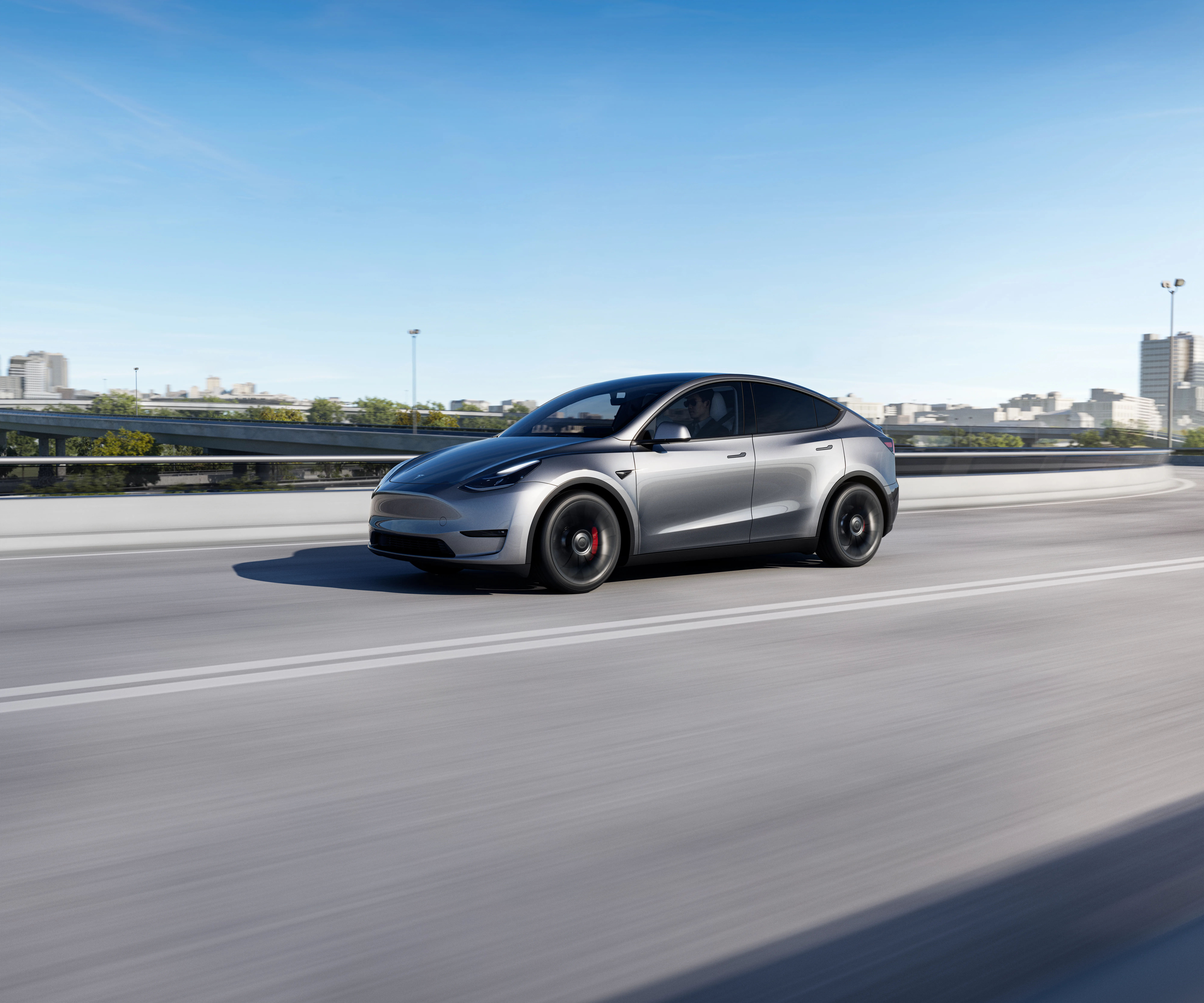In a significant move that could reshape the electric vehicle (EV) landscape in China, Xiaomi, a giant in the smartphone industry, has announced its foray into the EV sector. This development marks a pivotal moment in the automotive industry, particularly in the Chinese market, where competition is already fierce with players like Tesla and BYD dominating the scene.
Xiaomi’s entry into the EV market is not just a diversification strategy but a well-calculated move to leverage its technological prowess in a rapidly growing sector. The company has recently applied for a license to sell EV cars in China, as reported by Android Authority. This move is substantiated by regulatory filings revealing the Xiaomi SU7 car series, including the SU7 and SU7 Max electric vehicles.
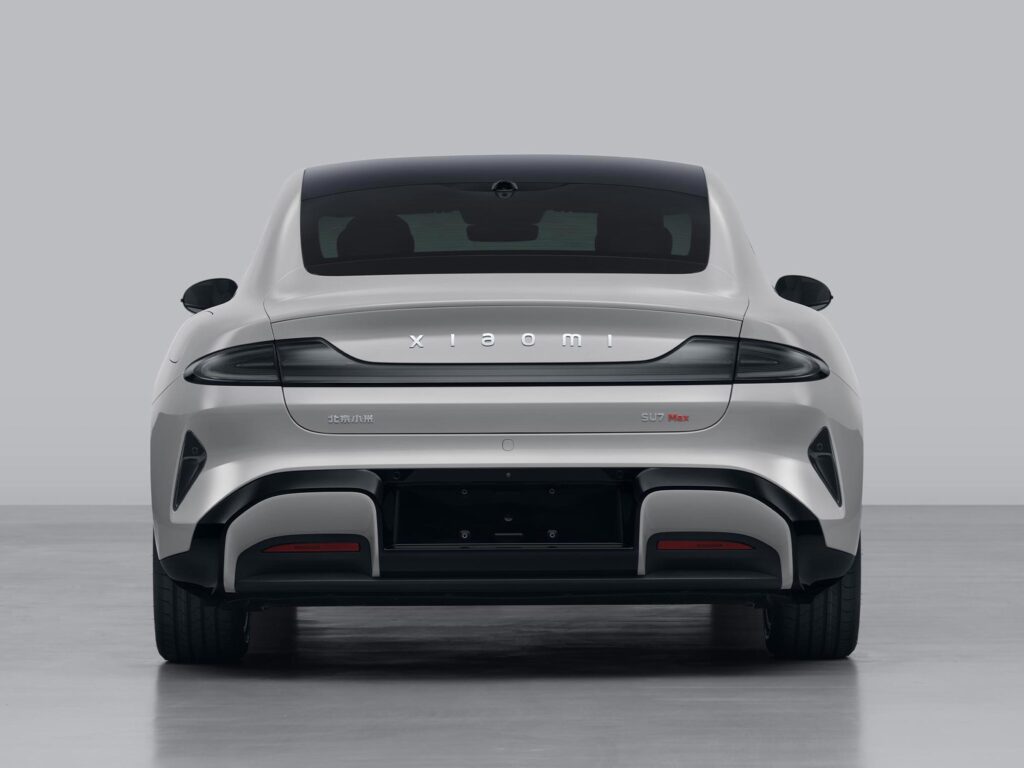
The Xiaomi SU7 series, as per the details from a Weibo user @benzene and regulatory filings, includes the SU7, SU7 Pro, and SU7 Ultra variants. The SU7 is expected to reach a top speed of 210 km/h, while the SU7 Max variant could go up to 265 km/h. These sedan-style vehicles boast dimensions of 4997 x 1963 x 1455 mm, with options for RWD and AWD, and peak motor power of 495kW (220 kW+275 kW). The wheelbase is specified at 3000mm, with two-wheel options (19-inch & 20-inch), and a potential Lidar sensor integration.
Similar Posts
One of the most intriguing aspects of Xiaomi’s EV is the integration of HyperOS, an operating system designed to connect users’ homes, cars, and mobile devices. This “human-centric operating system” aims to create a smart ecosystem, interlinking various personal and home devices. This feature could be a significant differentiator in the market, especially considering Xiaomi’s strong presence in the smartphone sector.
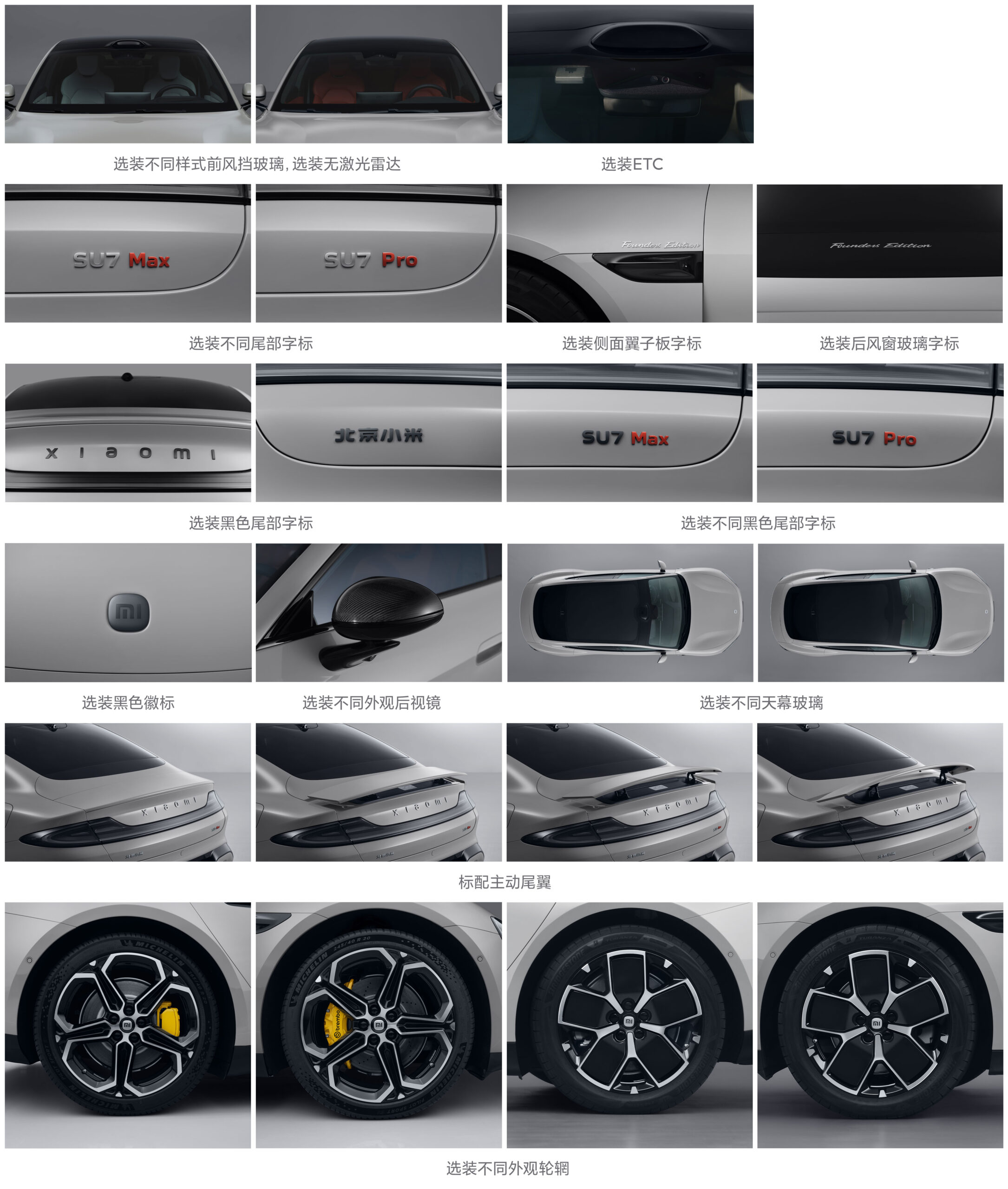
Tesla, a current leader in the EV market, has experienced fluctuating fortunes in China. Despite the Model Y becoming the top-selling EV globally, Tesla has seen a decline in popularity in China, with a reported 11 percent drop year-over-year. This scenario provides a ripe opportunity for Xiaomi, especially given its strong brand presence in China.
BYD, another major player in the Chinese EV market, continues to lead in overall sales. Xiaomi’s entry could intensify the competition, offering consumers more choices and potentially shifting market dynamics.
According to CarNewsChina, Xiaomi plans to start mass production of the SU7 series in December 2023, with customer shipments beginning in February 2024. Already, a few dozen test vehicles have reportedly been produced.
In China, car manufacturers must comply with regulations set by the Ministry of Industry and Information Technology (MIIT). Xiaomi has initiated this process, with MIIT revealing key information about the SU7 series. The cars will be contract-manufactured by Beijing Automotive Industry Holding Co. Ltd (BAIC), a significant name in automobile manufacturing in China.
The SU7 and SU7 Max differ in top speed, battery technology, and curb weight, with the latter weighing 2205kg. The SU7 series offers two powertrain options: an RWD with a 220kW motor and an AWD with a 275kW + 220kW motor setup. The cars will feature a steering wheel, anti-lock braking system, and a seating capacity for five.
While Xiaomi’s venture into the EV market is seen as a bold move, experts caution that the company faces stiff competition from established players. The integration of HyperOS is viewed as a potential game-changer, but its real-world application and user acceptance remain to be seen.
Xiaomi’s entry into the EV market is a testament to the company’s ambition and technological capabilities. While the move presents significant challenges, particularly in a market dominated by heavyweights like Tesla and BYD, Xiaomi’s strong brand presence and technological innovation, especially with the HyperOS integration, could disrupt the current market dynamics. The automotive industry and consumers alike eagerly await the arrival of the Xiaomi SU7 series, which could potentially redefine the EV landscape in China.


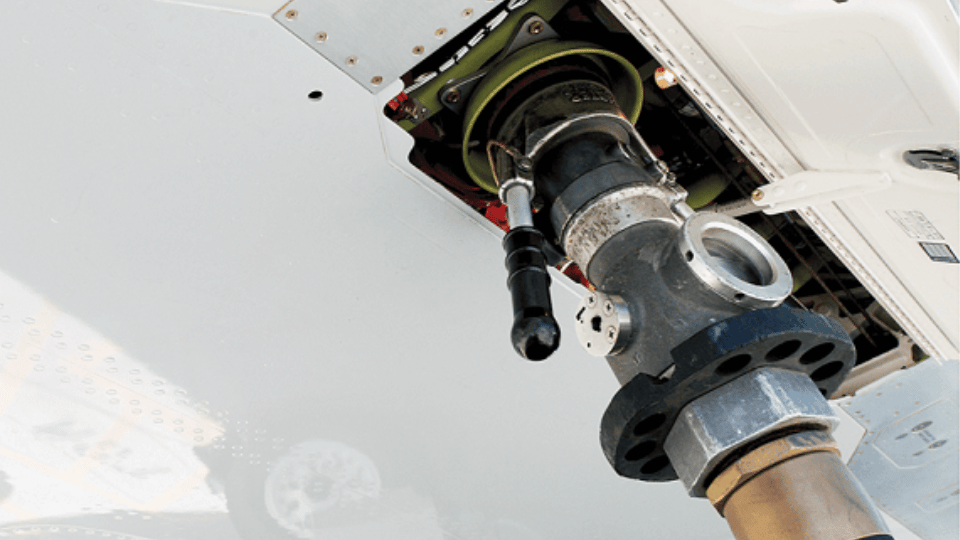








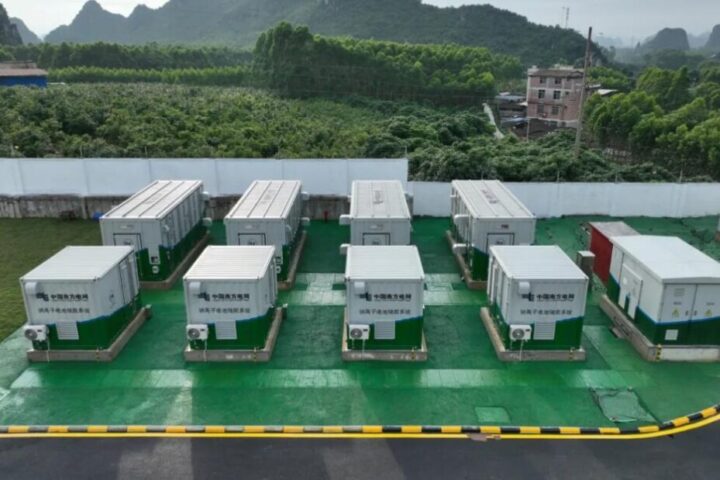




![This image taken from video animation at Beijing Aerospace Control Center (BACC) on June 2, 2024 shows the lander-ascender combination of Chang'e-6 probe landing on the far side of the moon. [Photo/Xinhua]](https://www.karmactive.com/wp-content/uploads/2024/06/spp.jpeg)
